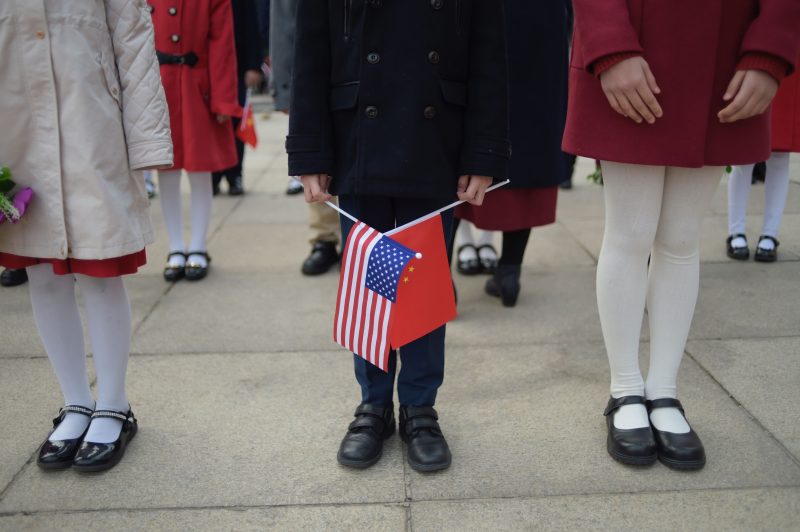
Dilemma for China: Choosing Between Biden and Trump to Repair Tense Relations
China’s diplomatic stance towards the United States has always been a delicate dance of interests, power dynamics, and strategic considerations. With the recent U.S. presidential election leaving Joe Biden as the victor, China now faces the challenge of navigating its relationship with a new administration after four tumultuous years under Donald Trump. The complexities of this situation are further heightened by the history of strained ties between the two countries, exacerbated by issues ranging from trade disputes to human rights concerns.
During the Trump administration, the U.S.-China relationship was marked by a confrontational stance on both sides. Trump’s aggressive trade policies and accusations of Chinese malpractice fueled tensions and led to a series of tit-for-tat actions that rattled the global economy. Meanwhile, China faced criticism for its handling of issues such as the Hong Kong protests, Uighur oppression, and its initial response to the COVID-19 pandemic. These factors have left a legacy of mistrust and animosity that will undoubtedly influence the future trajectory of U.S.-China relations.
With Joe Biden taking office, China is presented with both opportunities and challenges. Biden has signaled a desire to adopt a more multilateral approach to foreign policy, seeking to engage with allies and partners to address global issues. This could potentially provide China with an opening to recalibrate its relationship with the U.S. by presenting itself as a responsible global actor willing to cooperate on shared challenges such as climate change, pandemic response, and nuclear proliferation.
However, Biden’s administration is also expected to maintain a tough stance on issues such as human rights, trade imbalances, and intellectual property theft. These are all areas where China has historically clashed with the U.S., and finding common ground will require careful diplomacy and compromises from both sides. China’s leaders will need to navigate these challenges with skill and nuance, balancing the need to assert their country’s interests while avoiding further escalation of tensions.
In the wake of the U.S. presidential election, China finds itself in a precarious position, forced to navigate a complex relationship with a new administration while grappling with the legacy of past conflicts. The path forward will require a delicate balancing act, as China seeks to protect its interests, repair damaged ties, and find common ground with the United States on a range of pressing global issues. Only time will tell whether China can successfully navigate this treacherous terrain and build a more stable and constructive relationship with its most powerful rival.
